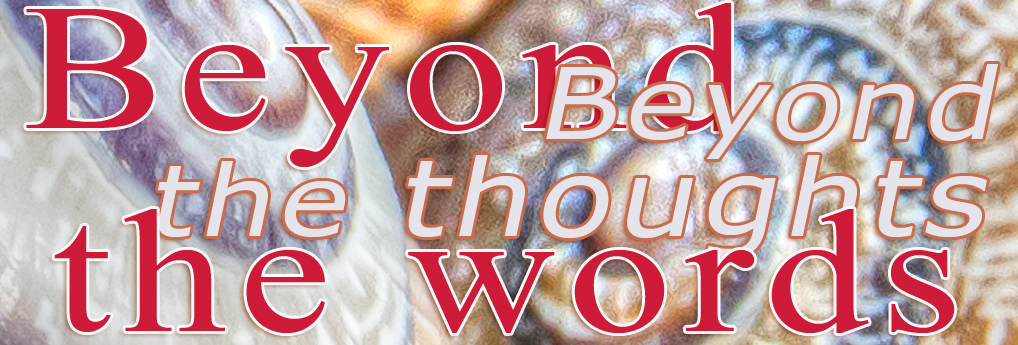John Steinbeck revered him. So did Aldous Huxley and Albert Schweitzer. Douglas Adams did, and many, many other people revere him even today: I am talking about the composer Johann Sebastian Bach. Again and again I came across corresponding statements praising his genius or the genius of his work. In particular, a work called „The Art of Fugue“ was mentioned several times. While reading, I always asked myself how these authors came to these views, which were always the same. Surely, none of them was a pronounced music expert who could have judged the genius of a composer so categorically – with the exception, perhaps, of Albert Schweitzer, who, in addition to his humanitarian work, built and played organs and composed organ pieces. Did they have these second-hand views? Was it chic, in educated artistic circles, to cultivate this view („Bach? Of course, a genius! I adore him. „)? I was particularly struck by the following fact: Adams was an avowed atheist and Steinbeck’s views also followed – read „Logbook of Life“ – the view that all development in the world followed a purely evolutionary plan. Both praised the mathematical precision of the work, and Steinbeck even went so far as to say that Bach almost succeeded in explaining the meaning of the world with the „Art of Fugue.“ Wow. What was it that brought the atheist Adams and the evolutionist (at least at that time) Steinbeck to their views? This question stuck with me and I visited a friend who I knew had a well-stocked classical CD collection and borrowed „The Art of the Fugue“ from him. When I got home, I put the CD in and sat down on our couch. I listened to the CD twice. With my eyes closed I inquired what it was that was in this music. Then I took the CD out of the player, put it back in its case and gave it back to my friend. Albert Schweitzer commented something like this, that this work had a strange cool fascination that would not let you go. Something amazingly lifeless yet so fascinating. And that was what presented itself to me acoustically. A work in perfect mathematical precision. The different voices and their melodic themes precisely varying, inserting and fading away. Before my eyes arose the image of a beautiful, complicated and crystalline clockwork turning slowly and precisely. In the middle of an ice palace. At temperatures of 85° Celsius below freezing point. I could imagine now exactly how the atheist Adams listened to these sounds and how Steinbeck sat with his mentor and friend Ed Rickerts in front of the record player with a beer or wine and rapt by the clarity of these sounds and lifted his finger slightly and said „Now! Now, here he’s almost got it! Very close we are now, to comprehension!“
I never heard the CD again. Steinbeck was, in my opinion, subject to a fallacy. As wonderfully clear and calming as this music is to the mind, as much as it confirms him in his way of functioning, as much as it comes close to his understanding of the world, makes him happy and blissful because he finally has someone who understands him completely, who creates a world for him with this music in which he can see completely clearly and come to rest and feel at home because everything is predictable and foreseeable – finally lifted and secure – this music remains in the purely material and serves only one side of our existence. It is exactly the cool and precise icy crystal clockwork of my vision. It tells you nothing about its creator (or better: its origin). It tells you nothing about why the wheels turn the way they do. Yes not even about who or what makes it that wheels turn at all. It is a thing. In crystal precision. Limited by time and space. It is so far from offering the explanation of the world, like everything else man-made. It cannot explain what the mathematics is on which it is based. It cannot show what makes the sound that sounds become sound. It is only an object in the world of the things. It tells you: „Listen. I am a thing. And that’s all I offer you. What you receive is not the last realization. It is a vacation for your mind. Your mind will be satisfied with that. But it’s only one side.“ And the other side cannot be experienced by looking, hearing, seeing, feeling or tasting. Relying only on the one and thinking it is the whole is the fallacy. I never listened to this CD again for another reason: it scared me. While listening to it at the time, I felt how much it called to my mind and how much it ran counter to what my other perception of the world was. It was food for the mind, encouraging it to want to rise again to crystalline mathematical – for it reassuringly clear – precision. It is frightening to feel what power can lie in such a perfect thing as this music. And one can understand why so many people – living in this perfect world of things – do not manage to go beyond it.
